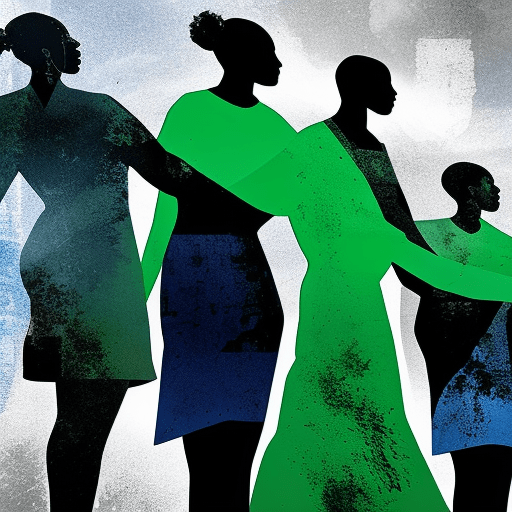One-line Summary:
Small Great Things is a thought-provoking novel that explores themes of race, privilege, and justice through the lives of three individuals whose paths intersect in a courtroom.
A Collision of Worlds
Small Great Things tells the story of Ruth Jefferson, an African American labor and delivery nurse who has worked diligently to overcome racial barriers in her profession. However, her life takes an unexpected turn when she is forbidden from caring for a newborn baby because of the parents’ request for no African American staff. When the baby goes into cardiac arrest while Ruth is the only nurse present, she hesitates to intervene, leading to tragic consequences. This incident sets the stage for a legal battle that will challenge societal norms and force Ruth, as well as her lawyer Kennedy McQuarrie, and the baby’s father, Turk Bauer, to confront their own biases and prejudices.
Unveiling Prejudice and Privilege
Jodi Picoult delves deep into the complexities of racism, privilege, and systemic discrimination in Small Great Things. Through the perspectives of Ruth, Kennedy, and Turk, the novel explores the different ways in which race shapes their lives and the prejudices they hold. Ruth, who has always strived to be the best nurse she can be, is suddenly confronted with the harsh reality that her skin color can determine how she is perceived and treated. Kennedy, a well-intentioned white lawyer, grapples with her own unconscious biases and the privilege she has enjoyed throughout her life. Turk, a white supremacist, represents the extreme end of the spectrum, showcasing the destructive power of hate and ignorance.
A Journey Towards Understanding
As the legal battle unfolds, Ruth, Kennedy, and Turk are forced to confront their own beliefs and confront the deeply ingrained prejudices that have shaped their lives. Ruth, who has always tried to blend in and avoid confrontation, finds herself at the center of a racial firestorm, questioning her own identity and the role she plays in dismantling systemic racism. Kennedy, initially hesitant to acknowledge her own privilege, begins to recognize the ways in which she has benefited from a system that disadvantages people of color. Turk, consumed by hatred and fear, is given the opportunity to challenge his own beliefs and confront the consequences of his actions.
Key Takeaways:
- Racism and prejudice can exist in subtle and overt forms, affecting individuals and society as a whole.
- Privilege, whether acknowledged or not, plays a significant role in shaping our experiences and opportunities.
- Challenging our own biases and engaging in uncomfortable conversations is essential for personal growth and societal progress.
“You can’t change where you come from, but you can change where you go from here.” – Jodi Picoult, Small Great Things
In Small Great Things, Jodi Picoult tackles the complex and deeply rooted issues of race, privilege, and justice with sensitivity and thoughtfulness. Through the compelling narratives of Ruth, Kennedy, and Turk, the novel forces readers to confront their own biases and examine the systems that perpetuate inequality. It highlights the importance of empathy, understanding, and the willingness to challenge societal norms in the pursuit of a more just and inclusive world. Small Great Things is a powerful and timely novel that encourages readers to reflect on their own roles in dismantling racism and promoting equality.












